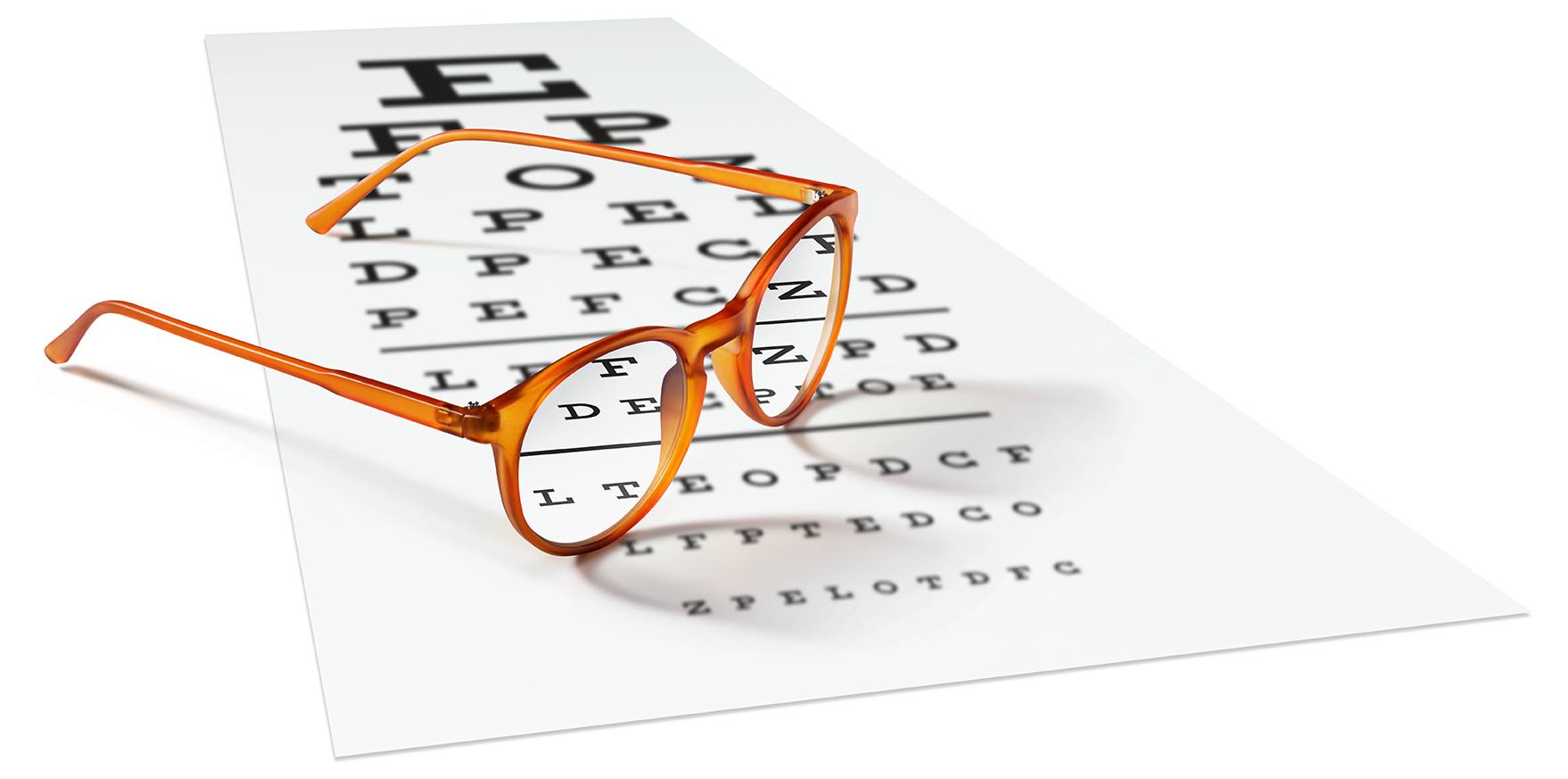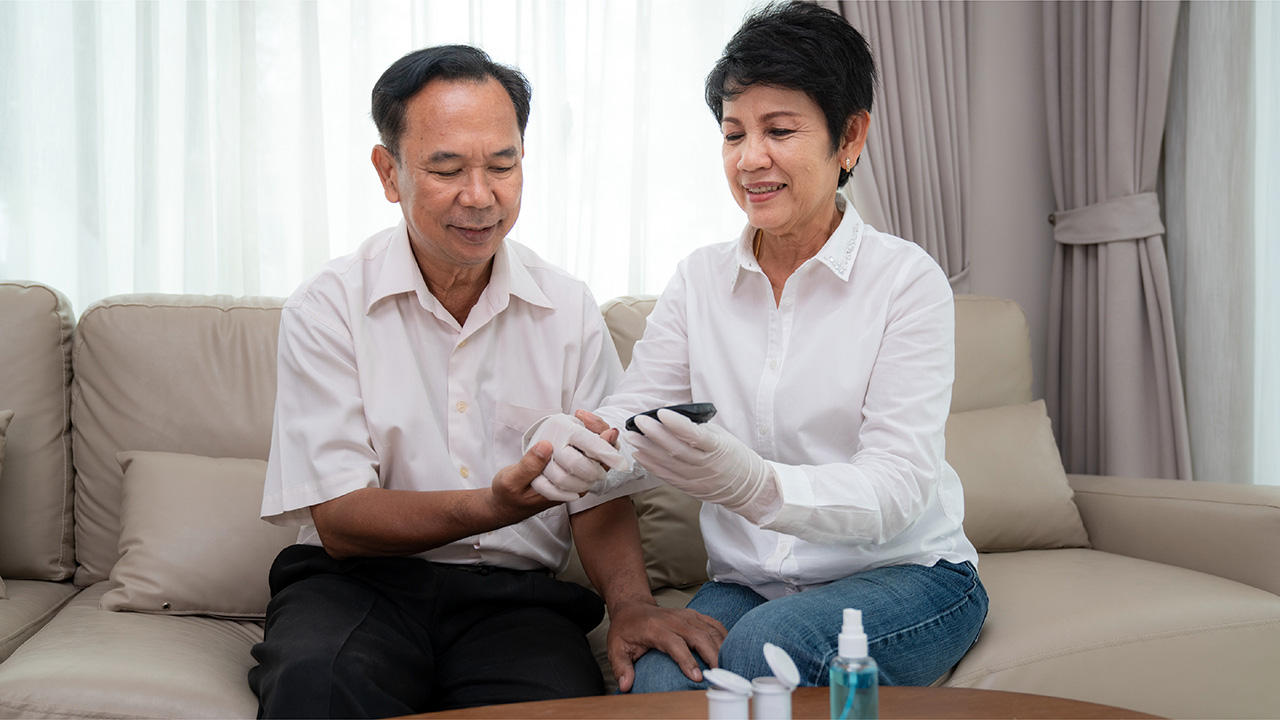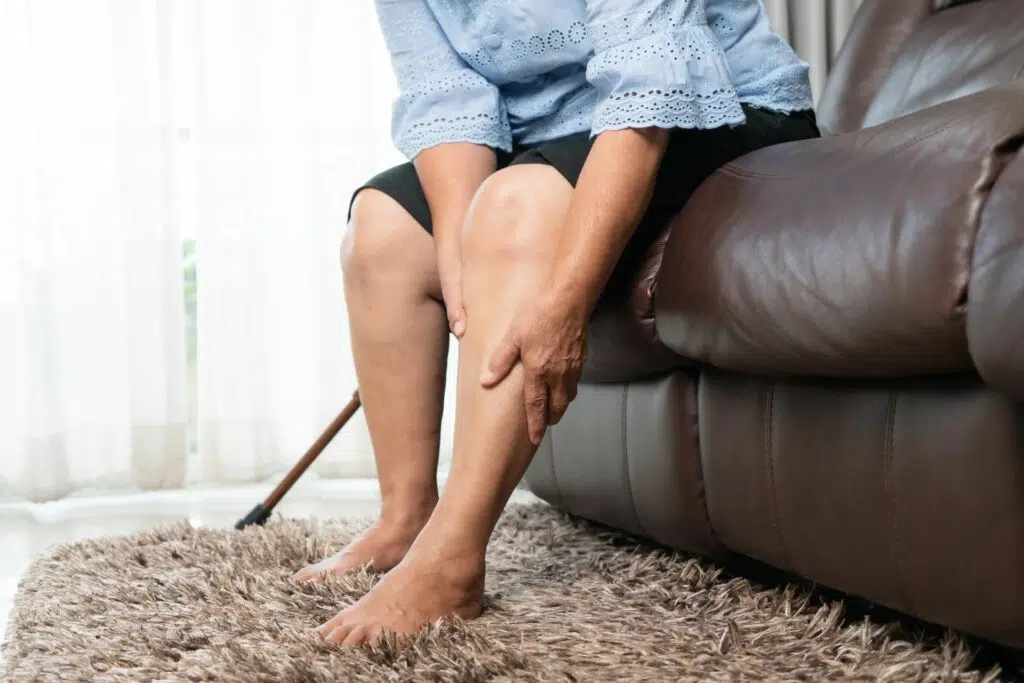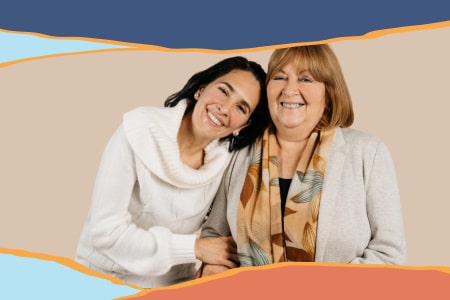Home & Community Based Services
Resources

Building and Supporting Dementia-Inclusive Communities
According to the World Health Organization, an estimated 50 million people are living with dementia worldwide. To combat the impact that dementia has on people living with the disease and their caregivers, the Dementia Friendly America initiative was launched to create communities where everyone could provide support and understanding to these individuals. The initiative aids the residents who are living with dementia and their caregivers in the community by raising public knowledge about the disease, supporting people living with dementia and their caregivers and connecting health systems with community-based organizations.
Read More
Caring for an Older Loved One with Macular Degeneration
When a loved one develops macular degeneration, we may face a variety of emotional, mental and physical challenges as they learn to adjust and develop new ways of living. As caregivers, we can encourage loved ones to remain as self-reliant as possible and provide the support they need to maintain their physical, mental and emotional well-being through understanding the condition and adopting care planning strategies.
Read More
Understanding and Managing an Older Loved One’s Urinary Incontinence
As we age, changes in our body can reduce how much urine our bladder can hold. The stream can become weaker and can cause us to feel the urge to urinate more often. Some people suffer from overactive bladder, which is characterized by urinary urgency and frequency. Others may also suffer from urinary incontinence, which is the loss of bladder control. It can range from leaking a small amount of urine, to having very strong urges to urinate that are difficult to control. Incontinence may be either a chronic or temporary problem.
Read More
Diabetes and Hypertension as Risk Factors for Kidney Disease in Older Adults
For older adults, the risk for kidney disease especially critical as studies show that diabetes can increase with age due to factors such as obesity, decreased activity, hypertension and insulin resistance. Because of medical advances in the treatment of diabetes, patients with the disease are living longer, thus leading to more diabetes-related complications, such as kidney disease.
Read More
Quieting Restless Leg Syndrome: Caregiver Tips
Restless Leg Syndrome is usually diagnosed in people over the age of 50, and it affects an estimated 10 percent of older adults. Many with the condition view their restless legs as nothing more than an annoyance, and neglect to tell their doctor about their discomfort and let it go untreated. For others, the condition may disappear for a time for no apparent reason only to recur a few months later. If we are a caregiver of a loved one with RLS, knowing more about the disorder can help us understand what they are going through and explore different ways to help them find relief.
Read More

